
SCARS Institute’s Encyclopedia of Scams™ Published Continuously for 25 Years

SCARS™ Special Report: INTERPOL Report Shows Alarming Rate Of Cyberattacks During COVID-19
An INTERPOL assessment of the impact of COVID-19 on cybercrime has shown a significant target shift from individuals and small businesses to major corporations, governments, and critical infrastructure.
With organizations and businesses rapidly deploying remote systems and networks to support staff working from home, criminals are also taking advantage of increased security vulnerabilities to steal data, generate profits, and cause disruption.
In one four-month period (January to April) some 907,000 spam messages, 737 incidents related to malware and 48,000 malicious URLs – all related to COVID-19 – were detected by one of INTERPOL’s private sector partners.
“Cybercriminals are developing and boosting their attacks at an alarming pace, exploiting the fear and uncertainty caused by the unstable social and economic situation created by COVID-19.”
“The increased online dependency for people around the world is also creating new opportunities, with many businesses and individuals not ensuring their cyber defenses are up to date.
“The report’s findings again underline the need for closer public-private sector cooperation if we are to effectively tackle the threat COVID-19 also poses to our cyber health,” concluded the INTERPOL Chief.
Key findings highlighted by the INTERPOL assessment of the cybercrime landscape in relation to the COVID-19 pandemic include:
- Online Scams and Phishing
Threat actors have revised their usual online scams and phishing schemes. By deploying COVID-19 themed phishing emails, often impersonating government and health authorities, cybercriminals entice victims into providing their personal data and downloading malicious content. Around two-thirds of member countries that responded to the global cybercrime survey reported significant use of COVID-19 themes for phishing and online fraud since the outbreak. - Disruptive Malware (Ransomware and DDoS)
Cybercriminals are increasingly using disruptive malware against critical infrastructure and healthcare institutions, due to the potential for high impact and financial benefit.In the first two weeks of April 2020, there was a spike in ransomware attacks by multiple threat groups which had been relatively dormant for the past few months. Law enforcement investigations show the majority of attackers estimated quite accurately the maximum amount of ransom they could demand from targeted organizations. - Data Harvesting Malware
The deployment of data harvesting malware such as Remote Access Trojan, info stealers, spyware, and banking Trojans by cybercriminals is on the rise. Using COVID-19 related information as a lure, threat actors infiltrate systems to compromise networks, steal data, divert money, and build botnets. - Malicious Domains
Taking advantage of the increased demand for medical supplies and information on COVID-19, there has been a significant increase of cybercriminals registering domain names containing keywords, such as “coronavirus” or “COVID”. These fraudulent websites underpin a wide variety of malicious activities including C2 servers, malware deployment, and phishing. From February to March 2020, a 569 percent growth in malicious registrations, including malware and phishing and a 788 percent growth in high-risk registrations were detected and reported to INTERPOL by a private sector partner. - Misinformation
The increasing amount of misinformation and fake news is spreading rapidly among the public. Unverified information, inadequately understood threats, and conspiracy theories have contributed to anxiety in communities and in some cases facilitated the execution of cyberattacks. Nearly 30 percent of countries which responded to the global cybercrime survey confirmed the circulation of false information related to COVID-19. Within a one-month period, one country reported 290 postings with the majority containing concealed malware. There are also reports of misinformation being linked to the illegal trade of fraudulent medical commodities. Other cases of misinformation involved scams via mobile text-messages containing ‘too good to be true’ offers such as free food, special benefits, or large discounts in supermarkets.
Projections
Future primary areas of concern highlighted by the INTERPOL report include.
- A further increase in cybercrime is highly likely in the near future. Vulnerabilities related to working from home and the potential for increased financial benefit will see cybercriminals continue to ramp up their activities and develop more advanced and sophisticated modi operandi.
- Threat actors are likely to continue proliferating coronavirus-themed online scams and phishing campaigns to leverage public concern about the pandemic.• Business Email Compromise schemes will also likely surge due to the economic downturn and shift in the business landscape, generating new opportunities for criminal activities.
- When a COVID-19 vaccination is available, it is highly probable that there will be another spike in phishing related to these medical products as well as network intrusion and cyberattacks to steal data.
View The Full Report:
[pdf-embedder url=”https://romancescamsnow.com/wp-content/uploads/2020/08/COVID-19-Cybercrime-Analysis-Report-August-2020.pdf” title=”INTERPOL report shows alarming rate of cyberattacks during COVID-19″]
TAGS: SCARS, Scams, Scammers, Fraudsters, Cybercrime, Crybercriminals, Scam Victims, COVID-19 Scams, Interpol, Special Report, Cyberattacks,
SCARS™ Team
Society of Citizens Against Relationship Scams Inc.
A Worldwide Crime Victims Assistance Nonprofit Organization
Visit: www.AgainstScams.org
Contact Us: Contact@AgainstScams.org
PLEASE SHARE OUR ARTICLES WITH YOUR FRIENDS & FAMILY
HELP OTHERS STAY SAFE ONLINE – YOUR KNOWLEDGE CAN MAKE THE DIFFERENCE!
The Latest SCARS Posts:
FIND MORE SCAM NEWS
«SCAMCRIME.COM»
JOIN US ON FACEBOOK
«CLICK HERE»
END
MORE INFORMATION
– – –
Tell us about your experiences with Romance Scammers in our
« Scams Discussion Forum on Facebook »
– – –
FAQ: How Do You Properly Report Scammers?
It is essential that law enforcement knows about scams & scammers, even though there is nothing (in most cases) that they can do.
Always report scams involving money lost or where you received money to:
- Local Police – ask them to take an “informational” police report – say you need it for your insurance
- U.S. State Police (if you live in the U.S.) – they will take the matter more seriously and provide you with more help than local police
- Your National Police or FBI « www.IC3.gov »
- The SCARS|CDN™ Cybercriminal Data Network – Worldwide Reporting Network on « www.Anyscam.com »
This helps your government understand the problem, and allows law enforcement to add scammers on watch lists worldwide.
– – –
To learn more about SCARS visit « www.AgainstScams.org »
Please be sure to report all scammers
on « www.Anyscam.com »
Disclaimer:
SCARS IS A DIGITAL PUBLISHER AND DOES NOT OFFER HEALTH OR MEDICAL ADVICE, LEGAL ADVICE, FINANCIAL ADVICE, OR SERVICES THAT SCARS IS NOT LICENSED OR REGISTERED TO PERFORM.
IF YOU’RE FACING A MEDICAL EMERGENCY, CALL YOUR LOCAL EMERGENCY SERVICES IMMEDIATELY, OR VISIT THE NEAREST EMERGENCY ROOM OR URGENT CARE CENTER. YOU SHOULD CONSULT YOUR HEALTHCARE PROVIDER BEFORE FOLLOWING ANY MEDICALLY RELATED INFORMATION PRESENTED ON OUR PAGES.
ALWAYS CONSULT A LICENSED ATTORNEY FOR ANY ADVICE REGARDING LEGAL MATTERS.
A LICENSED FINANCIAL OR TAX PROFESSIONAL SHOULD BE CONSULTED BEFORE ACTING ON ANY INFORMATION RELATING TO YOUR PERSONAL FINANCES OR TAX RELATED ISSUES AND INFORMATION.
This content and other material contained on the website, apps, newsletter, and products (“Content”), is general in nature and for informational purposes only and does not constitute medical, legal, or financial advice; the Content is not intended to be a substitute for licensed or regulated professional advice. Always consult your doctor or other qualified healthcare provider, lawyer, financial, or tax professional with any questions you may have regarding the educational information contained herein. SCARS makes no guarantees about the efficacy of information described on or in SCARS’ Content. The information contained is subject to change and is not intended to cover all possible situations or effects. SCARS does not recommend or endorse any specific professional or care provider, product, service, or other information that may be mentioned in SCARS’ websites, apps, and Content unless explicitly identified as such.
The disclaimers herein are provided on this page for ease of reference. These disclaimers supplement and are a part of SCARS’ website’s Terms of Use.
Legal Notices:
All original content is Copyright © 1991 – 2020 Society of Citizens Against Relationship Scams Inc. (D.B.A SCARS) All Rights Reserved Worldwide & Webwide. Third-party copyrights acknowledge.
SCARS, SCARS|INTERNATIONAL, SCARS, SCARS|SUPPORT, SCARS, RSN, Romance Scams Now, SCARS|INTERNATION, SCARS|WORLDWIDE, SCARS|GLOBAL, SCARS, Society of Citizens Against Relationship Scams, Society of Citizens Against Romance Scams, SCARS|ANYSCAM, Project Anyscam, Anyscam, SCARS|GOFCH, GOFCH, SCARS|CHINA, SCARS|CDN, SCARS|UK, SCARS|LATINOAMERICA, SCARS|MEMBER, SCARS|VOLUNTEER, SCARS Cybercriminal Data Network, Cobalt Alert, Scam Victims Support Group, are all trademarks of Society of Citizens Against Relationship Scams Inc., All Rights Reserved Worldwide
Contact the law firm for the Society of Citizens Against Relationship Scams Incorporated by email at legal@AgainstScams.org
-/ 30 /-
What do you think about this?
Please share your thoughts in a comment below!
Table of Contents
- An INTERPOL assessment of the impact of COVID-19 on cybercrime has shown a significant target shift from individuals and small businesses to major corporations, governments, and critical infrastructure.
- Projections
- Fake Money Recovery Law Firms – 2026
- Money Laundering Drop Accounts – 2026
- 7 Deadly Sins of Post Scam Victim Vulnerability – 2023 UPDATED 2026
- United States Scam Center Strike Force – 2025 – VIDEO
- The Scam States of Southeast Asia – 2025-2026
- Yangyang Sweet / 阳阳 Sweet – Impersonation Victim – Used By Scammers – 2025
LEAVE A COMMENT?
Recent Comments
On Other Articles
- Arwyn Lautenschlager on Love Bombing And How Romance Scam Victims Are Forced To Feel: “I was love bombed to the point that I would do just about anything for the scammer(s). I was told…” Feb 11, 14:24
- on Dani Daniels (Kira Lee Orsag): Another Scammer’s Favorite: “You provide a valuable service! I wish more people knew about it!” Feb 10, 15:05
- on Danielle Delaunay/Danielle Genevieve – Stolen Identity/Stolen Photos – Impersonation Victim UPDATED 2024: “We highly recommend that you simply turn away form the scam and scammers, and focus on the development of a…” Feb 4, 19:47
- on The Art Of Deception: The Fundamental Principals Of Successful Deceptions – 2024: “I experienced many of the deceptive tactics that romance scammers use. I was told various stories of hardship and why…” Feb 4, 15:27
- on Danielle Delaunay/Danielle Genevieve – Stolen Identity/Stolen Photos – Impersonation Victim UPDATED 2024: “Yes, I’m in that exact situation also. “Danielle” has seriously scammed me for 3 years now. “She” (he) doesn’t know…” Feb 4, 14:58
- on An Essay on Justice and Money Recovery – 2026: “you are so right I accidentally clicked on online justice I signed an agreement for 12k upfront but cd only…” Feb 3, 08:16
- on The SCARS Institute Top 50 Celebrity Impersonation Scams – 2025: “Quora has had visits from scammers pretending to be Keanu Reeves and Paul McCartney in 2025 and 2026.” Jan 27, 17:45
- on Scam Victims Should Limit Their Exposure To Scam News & Scammer Photos: “I used to look at scammers photos all the time; however, I don’t feel the need to do it anymore.…” Jan 26, 23:19
- on After A Scam, No One Can Tell You How You Will React: “This article was very informative, my scams happened 5 years ago; however, l do remember several of those emotions and/or…” Jan 23, 17:17
- on Situational Awareness and How Trauma Makes Scam Victims Less Safe – 2024: “I need to be more observant and I am practicing situational awareness. I’m saving this article to remind me of…” Jan 21, 22:55
ARTICLE META
Important Information for New Scam Victims
- Please visit www.ScamVictimsSupport.org – a SCARS Website for New Scam Victims & Sextortion Victims
- Enroll in FREE SCARS Scam Survivor’s School now at www.SCARSeducation.org
- Please visit www.ScamPsychology.org – to more fully understand the psychological concepts involved in scams and scam victim recovery
If you are looking for local trauma counselors please visit counseling.AgainstScams.org or join SCARS for our counseling/therapy benefit: membership.AgainstScams.org
If you need to speak with someone now, you can dial 988 or find phone numbers for crisis hotlines all around the world here: www.opencounseling.com/suicide-hotlines
A Note About Labeling!
We often use the term ‘scam victim’ in our articles, but this is a convenience to help those searching for information in search engines like Google. It is just a convenience and has no deeper meaning. If you have come through such an experience, YOU are a Survivor! It was not your fault. You are not alone! Axios!
A Question of Trust
At the SCARS Institute, we invite you to do your own research on the topics we speak about and publish, Our team investigates the subject being discussed, especially when it comes to understanding the scam victims-survivors experience. You can do Google searches but in many cases, you will have to wade through scientific papers and studies. However, remember that biases and perspectives matter and influence the outcome. Regardless, we encourage you to explore these topics as thoroughly as you can for your own awareness.
Statement About Victim Blaming
SCARS Institute articles examine different aspects of the scam victim experience, as well as those who may have been secondary victims. This work focuses on understanding victimization through the science of victimology, including common psychological and behavioral responses. The purpose is to help victims and survivors understand why these crimes occurred, reduce shame and self-blame, strengthen recovery programs and victim opportunities, and lower the risk of future victimization.
At times, these discussions may sound uncomfortable, overwhelming, or may be mistaken for blame. They are not. Scam victims are never blamed. Our goal is to explain the mechanisms of deception and the human responses that scammers exploit, and the processes that occur after the scam ends, so victims can better understand what happened to them and why it felt convincing at the time, and what the path looks like going forward.
Articles that address the psychology, neurology, physiology, and other characteristics of scams and the victim experience recognize that all people share cognitive and emotional traits that can be manipulated under the right conditions. These characteristics are not flaws. They are normal human functions that criminals deliberately exploit. Victims typically have little awareness of these mechanisms while a scam is unfolding and a very limited ability to control them. Awareness often comes only after the harm has occurred.
By explaining these processes, these articles help victims make sense of their experiences, understand common post-scam reactions, and identify ways to protect themselves moving forward. This knowledge supports recovery by replacing confusion and self-blame with clarity, context, and self-compassion.
Additional educational material on these topics is available at ScamPsychology.org – ScamsNOW.com and other SCARS Institute websites.
Psychology Disclaimer:
All articles about psychology and the human brain on this website are for information & education only
The information provided in this article is intended for educational and self-help purposes only and should not be construed as a substitute for professional therapy or counseling.
While any self-help techniques outlined herein may be beneficial for scam victims seeking to recover from their experience and move towards recovery, it is important to consult with a qualified mental health professional before initiating any course of action. Each individual’s experience and needs are unique, and what works for one person may not be suitable for another.
Additionally, any approach may not be appropriate for individuals with certain pre-existing mental health conditions or trauma histories. It is advisable to seek guidance from a licensed therapist or counselor who can provide personalized support, guidance, and treatment tailored to your specific needs.
If you are experiencing significant distress or emotional difficulties related to a scam or other traumatic event, please consult your doctor or mental health provider for appropriate care and support.
Also read our SCARS Institute Statement about Professional Care for Scam Victims – click here to go to our ScamsNOW.com website.



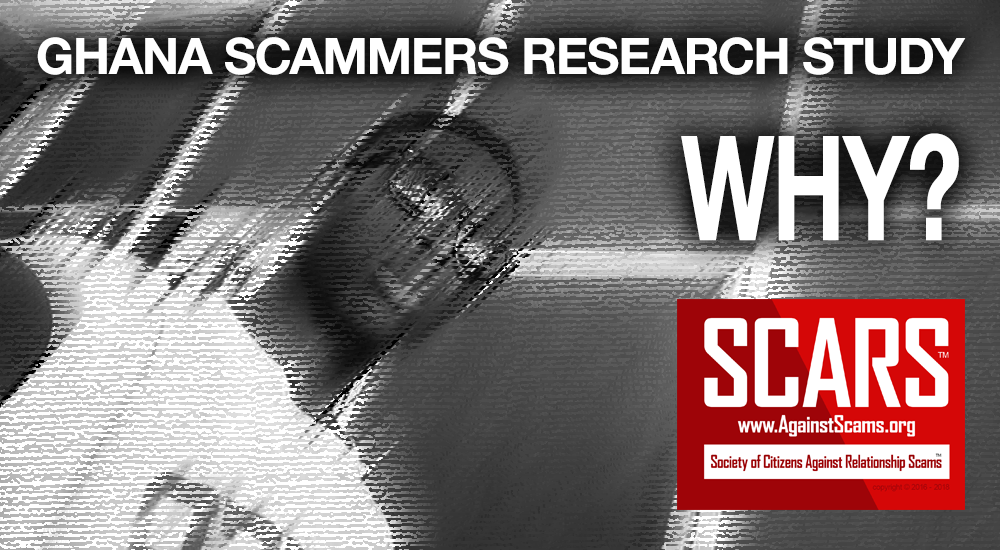
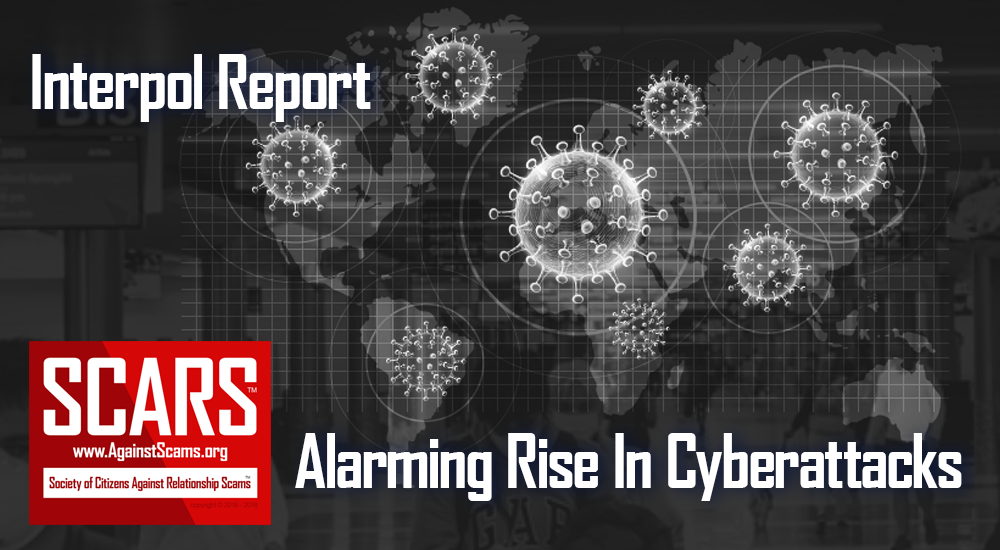

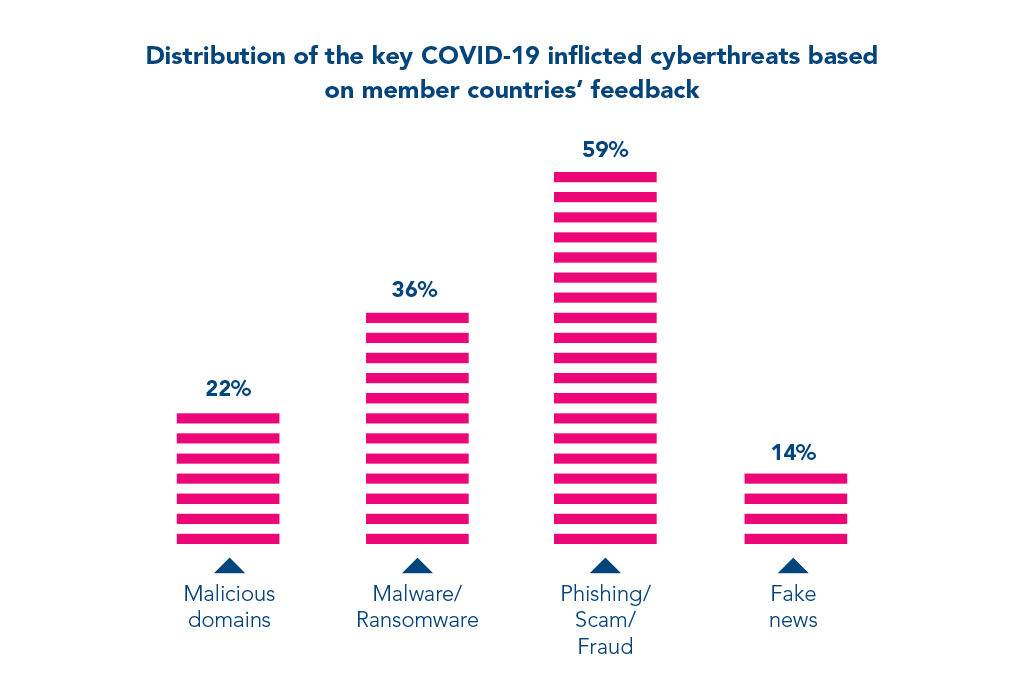

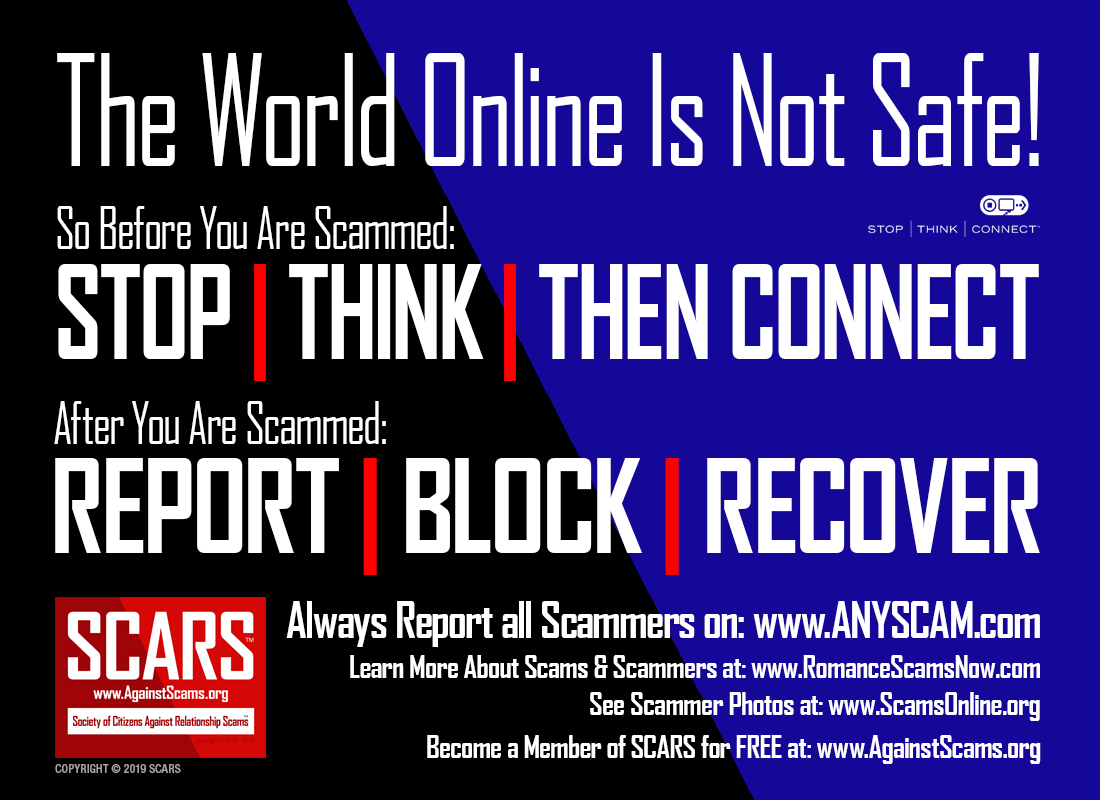








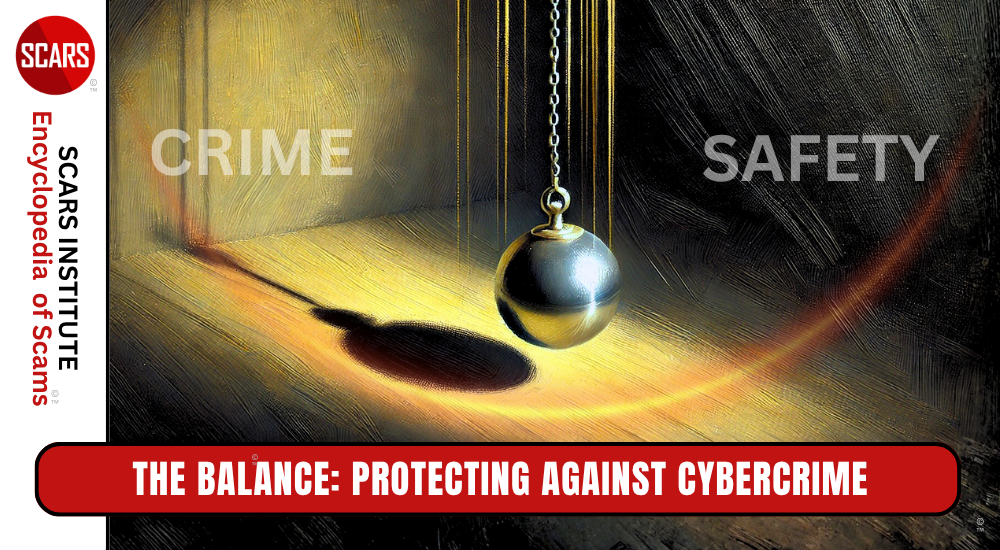
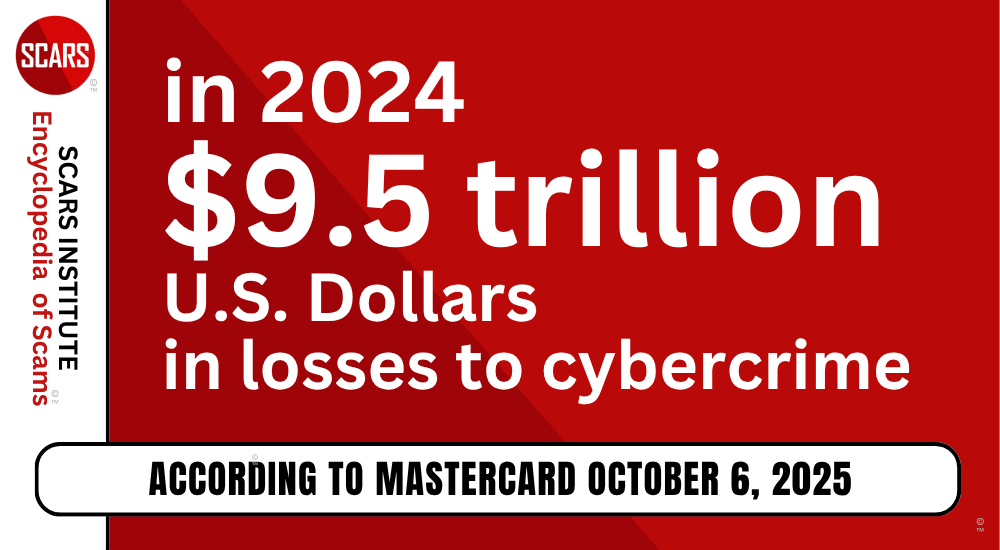






Thank you for your comment. You may receive an email to follow up. We never share your data with marketers.